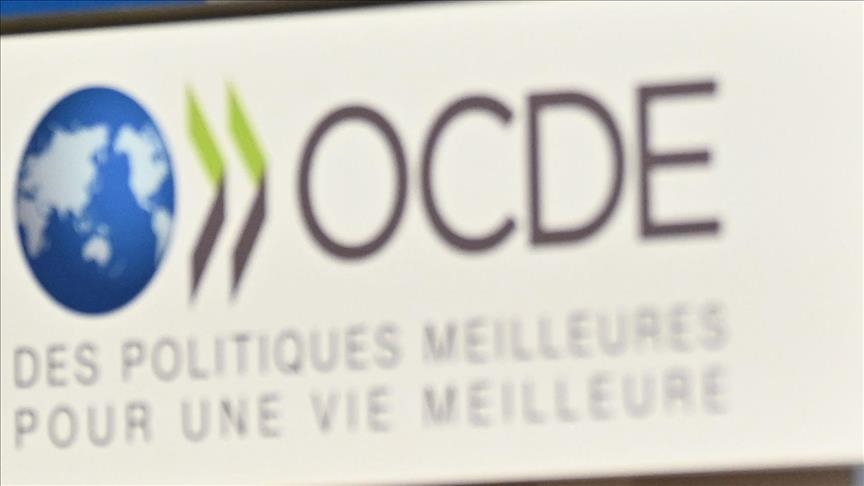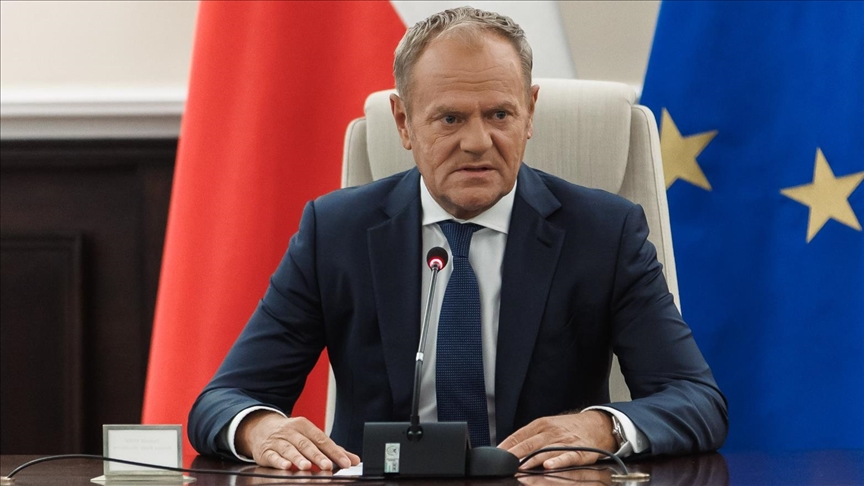OECD projects 3.3% global growth for 2025-2026
ANKARA
The Organization for Economic Cooperation and Development (OECD) projected global GDP growth to reach 3.3% in 2025, maintaining this momentum into 2026, the organization announced on Wednesday.
OECD economies are expected to see modest growth of 1.9% in both years, below pre-pandemic averages, according to the December Economic Outlook.
Non-OECD countries are poised for steady expansion, with emerging Asia making a significant contribution to global economic activity.
Growth forecasts highlight regional contrasts. The US GDP is expected to rise by 2.8% in 2025 before slowing to 2.4% in 2026, while the euro area benefits from income recovery and tight labor markets, with growth projected at 1.3% in 2025 and 1.5% in 2026.
Japan’s growth is forecast to be 1.5% in 2025 but is expected to decelerate sharply to 0.6% in 2026. Meanwhile, China’s economy is also cooling, with GDP growth slowing from 4.7% in 2025 to 4.4% in 2026.
Headline inflation has been declining in most countries throughout 2024, driven by falling food, energy, and goods prices, the report noted.
However, inflation in services remains resilient, hovering around 4% in the median OECD economy as of September.
Inflation in OECD economies is projected to drop from 5.4% this year to 3.8% in 2025 and 3.0% by 2026, largely due to restrictive monetary policies, the report added.
The global economy has shown resilience, with inflation moving toward central bank targets and growth staying stable, said OECD Secretary-General Mathias Cormann. However, he warned of significant challenges, including geopolitical tensions, high public debt, and weak medium-term growth prospects.
Cormann emphasized the need for carefully calibrated monetary policy easing to ensure inflation remains contained and for fiscal policy reforms to rebuild space for future spending needs. He also highlighted the importance of boosting productivity through enhanced education, skills development, easing business investment constraints, and addressing structural labor shortages.
The OECD also flagged persistent uncertainty, citing risks such as escalating Middle East conflicts disrupting energy markets, rising trade tensions affecting global trade, and potential financial market shocks linked to growth and disinflation surprises. Still, there is room for optimism: stronger consumer confidence or a resolution to geopolitical conflicts could boost growth and lower energy prices.
Anadolu Agency website contains only a portion of the news stories offered to subscribers in the AA News Broadcasting System (HAS), and in summarized form. Please contact us for subscription options.



